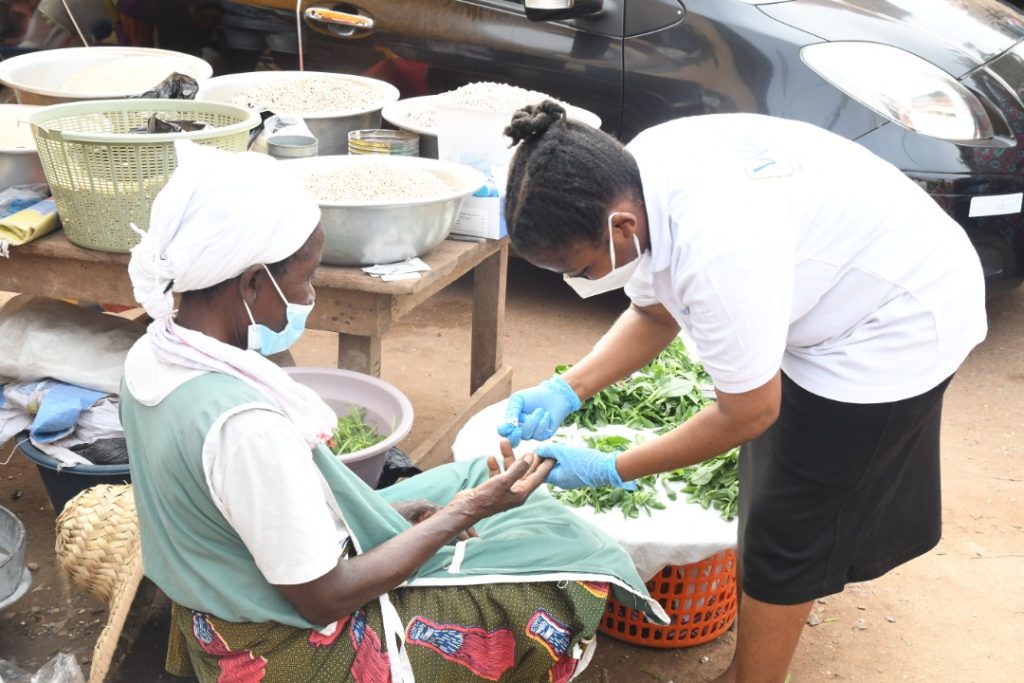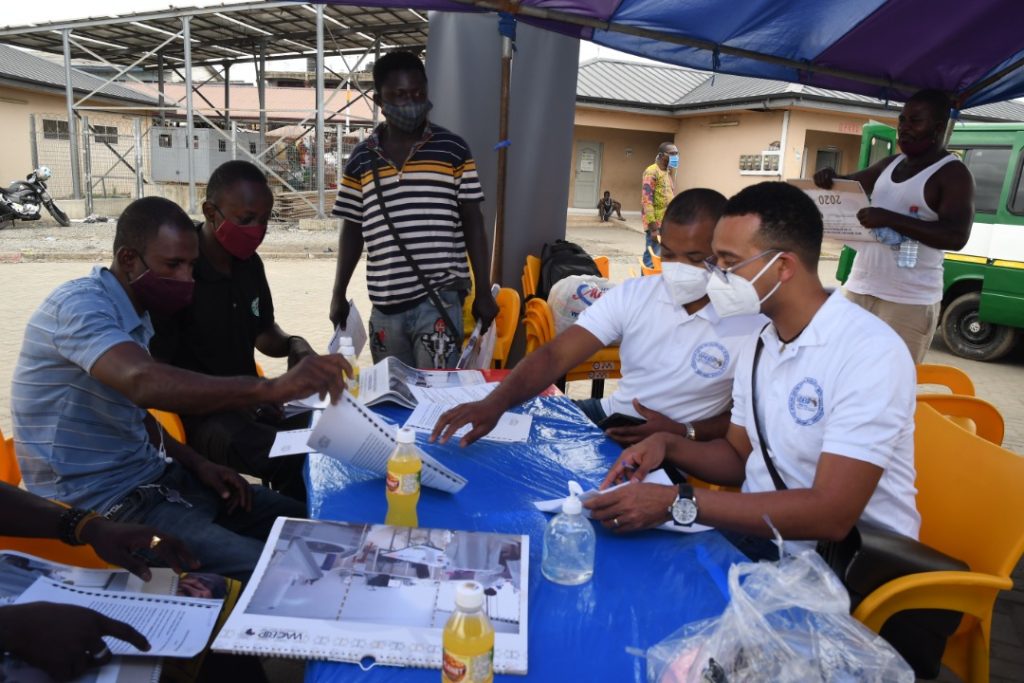By Patrick Ofoe Nudzi
Accra, Dec. 23, GNA – The West African Centre for Cell Biology of Infectious Pathogens (WACCBIP) of the University of Ghana is co-leading a consortium to research into the differences in severity of the COVID-19 pandemic in different regions of the world.
The newly formed international consortium, dubbed the: “WWW Consortium”, would provide an understanding of the basis for these differences.
The project would link three leading studies; the Heritage study in West Africa, the Windfall study in the West Indies, and the Legacy project in West London, with each tracking how both the virus and immunity had evolved against COVID-19.
The grant application was co-led by Dr David Bauer from the Francis Crick Institute in London, with Professor Gordon Awandare, Dr Yaw Bediako, and Dr Peter Quashie as key senior scientists from the University of Ghana.
The £3.1 million grant from the Wellcome Trust, was won through a competitive process with applications coming from across the globe.
Prof Gordon Awandare, the Director of WACCBIP, touching on the COVID-19 dynamics in West Africa, said pre-exposure to other infectious diseases like malaria was much more common in West Africa, and that could increase the tolerance of the immune system.
He said that might be helpful by prepping the immune system for future infections and decreasing the chance of severe illness.

“But it might also mean that vaccines are less effective, and we should consider designing vaccines for specific populations,” Prof Awandare.
West Africa is said to have experienced largely undetected SARS-CoV-2 transmission, but with negligible impacts on mortality.
On the other hand, the West Indies presented similar trends to the United Kingdom, despite countries like Jamaica having a much lower vaccination rate.
Building on the success of the Crick Africa Network (CAN), which established strong ties between African institutions and the Francis Crick Institute, the WWW Consortium would strengthen research connections made during the pandemic, as virologists and public experts collaborated to piece together a picture of viral evolution globally.
The consortium would provide evidence to help unpick patterns as seen in different areas of the world even as the virus continued to evolve and ensure that research and surveillance capacity continued to grow internationally, Prof Awandare said.

Other research partners are Prof Christine Carrington and Dr Joshua Anzinger of The University of the West Indies, Dr Adam Kucharski of the London School of Hygiene and Tropical Medicine and the National Institute for Health Research.
GNA